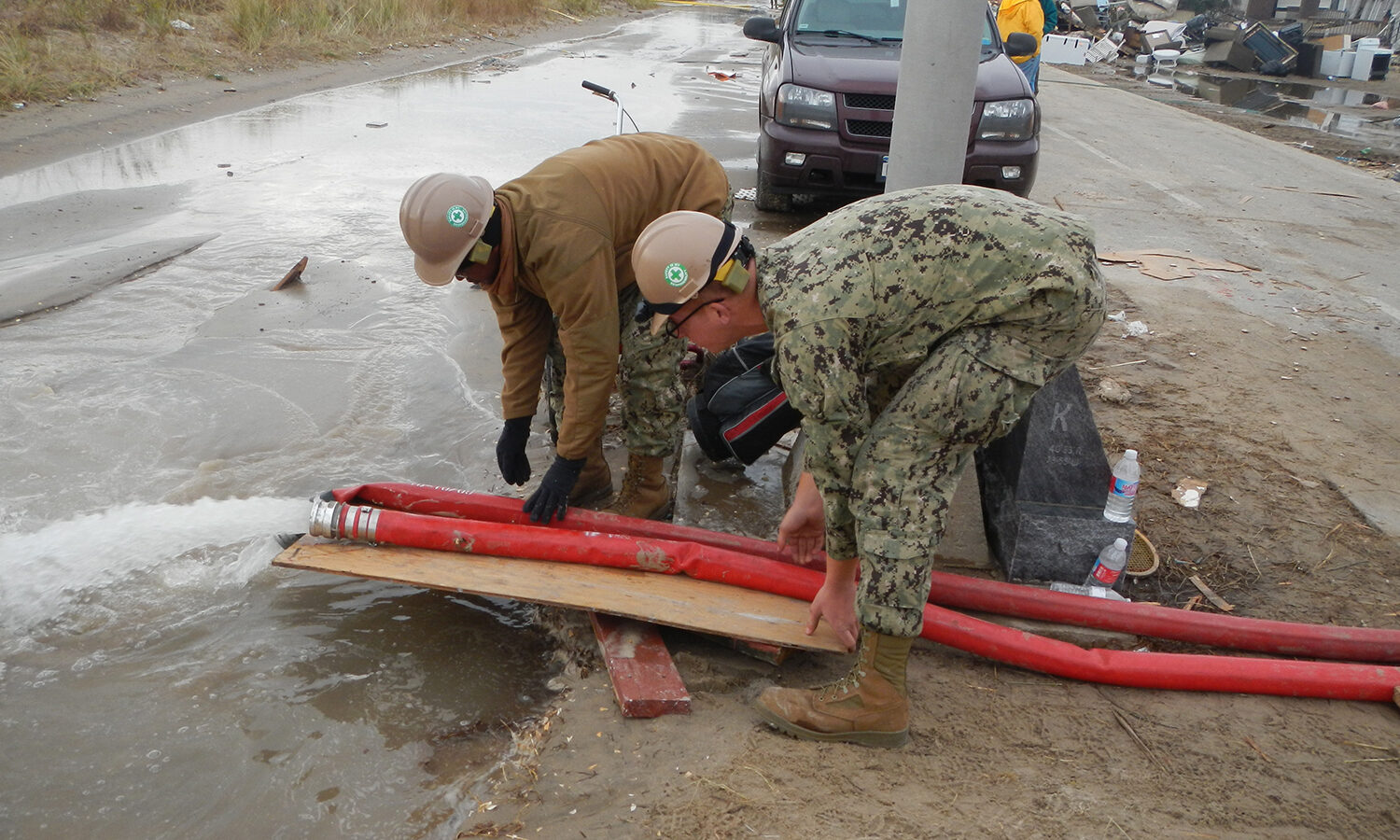Next year’s Pentagon budget is slated to be voted on after the November midterm elections. The Senate Armed Services Committee added $45 billion to the president’s requested budget for a total of $847 billion. The House’s version of the bill, already passed by the House, added $37 billion. The separate House and Senate bills will eventually be reconciled, and, as it does every year, the amount of money Congress gives the Pentagon will be enormous.
In fact, next year’s Pentagon budget will be the largest one ever. A couple of factors affecting the size of this budget include Russia’s war in Ukraine and a pull towards increased competition with China. Both are issues of immense concern. But a reflexive response to increase the military budget loses sight of the bigger picture. The US already spends more on its military than the next nine nations combined—many of which we have allied relationships with. In 2021, the US spent nearly three times as much as China and 12 times as much as Russia. Even in the midst of a challenging security environment, one must ask, does this level of expenditure truly make us safer?
Some of this budget will be used to build and maintain the US nuclear arsenal. The Congressional Budget Office estimates that the United States will spend $634 billion on its nuclear forces from 2021-2030. By way of comparison, the Inflation Reduction Act that Congress passed over the summer—which is the largest investment ever in sustainability and climate in the history of the United States—contains $369 billion in funding, also spread out over 10 years, to build clean-energy infrastructure, accelerate the transition to electric vehicles, improve energy efficiency, and ensure environmental justice. But, it’s not an entirely fair comparison since the Inflation Reduction Act will pay for itself and reduce the federal deficit by over $300 billion. The Pentagon spending bill will not do that.
The Administration’s proposed nuclear weapons budget for just FY23 is around $51 billion with another $25 billion for missile defense. Some of this year’s nuclear weapons funding requests are part of a 30-year program to rebuild and replace every single nuclear weapons system we have. It will cost us close to $2 trillion and there does not seem to be much resistance to it in Congress. Budgets reflect priorities, and as things stand right now it’s very clear the priority is pursuing more new weapons.
But if we have learned anything in the past couple of years, it is that there are many ways to be insecure. The safety and security of people in the United States depends on so much more than just the number of tanks, aircraft, and nuclear weapons we have. We’ve lost over a million Americans to a global pandemic, and the public health response to that pandemic has been hampered by misinformation and disinformation campaigns. Climate change is increasing insecurity for many communities in the US, whether it be the impacts of extreme weather or increased respiratory and cardiovascular disease directly tied to increased carbon emissions. Gun violence is now the leading cause of death in children in America. The list goes on.

Spending on public health, pandemic preparedness, transitioning to renewable energy, ensuring children and babies have access to safe, healthy food and clean water—all of these things would make us all safer and more secure, right now. In stark contrast, government spending on nuclear weapons systems is akin to hoarding, expending massive resources on weapons and systems we hope to never use.
We are facing a catastrophic environmental crisis. Climate change, if unattended to, will become the biggest security challenge we face in the coming decades. The military has known this for a while, and the Biden administration seems to embrace this view as well noting in the recently released National Security Strategy that, “Of all of the shared problems we face, climate change is the greatest and potentially existential for all nations.” There’s even an argument to be made that climate change was a driver of the recent pandemic. And as human encroachment on natural wildlife habitats continues as available land becomes less habitable, we will continue to come in contact with more disease vectors making another global pandemic more likely.
We have got to get our priorities straight. Guns, bombs, and nuclear weapons can’t help us with the destructive nature of climate-fueled summer Danger Season. Or sea-level rise. They won’t heal the asthma diagnoses that are increasingly affecting children in the United States as a result of air pollution from fossil fuels, and disproportionately affecting communities of color.
Many people in the United States are still faced with insecurity from a myriad of sources, no matter how much money Congress gives to the Pentagon. Until we find a more holistic way of viewing security, one that includes issues like climate change, food insecurity, and healthcare, we will not thrive as a nation.
Congress does not appear to take this holistic view of security when approaching the federal budget, though they have the mechanisms to do so. Every year, in response to the President’s submitted budget, the Budget Committee sets spending limits for the various functional areas of the federal government, like Defense. Both the Administration and Congress consider the whole of the federal budget every year, and every year we put nearly half our discretionary spending towards the Pentagon—an organization that has never passed an audit and faces far less criticism for wasteful spending than the pandemic-related free school lunch program. It’s obscene really.
How do we fix it? As individuals and constituents, we can talk to our legislators about our priorities. We can tell our lawmakers about the insecurity we face, and what factors are impacting our health and safety. As an organization UCS is committed to bringing cutting-edge science and solutions to conversations with policy makers. In the nuclear security space, we are working to reduce the risk of nuclear war and our reliance on nuclear weapons in our security policies, and we are building constituencies that believe we should be investing more in a broader concept of safety and security for people in the United States.
It’s going to take all of us working together to make progress.

